Chronic inflammation is believed to be the underlying cause of many diseases, such as diabetes, heart disease and cancer. It is also linked to genetics, poor diet, and unhealthy lifestyle which includes stressful routines, lack of exercise, and environmental toxins. Certain foods like sugary, fatty and processed foods are also known to cause chronic inflammation. Is there anything we can do to prevent inflammation? Fortunately, there is a long anti-inflammatory food list that can provide you with a lot of choices in your diet to promote health and prevent disease.
Anti Inflammatory Food List
1. Fatty Fish
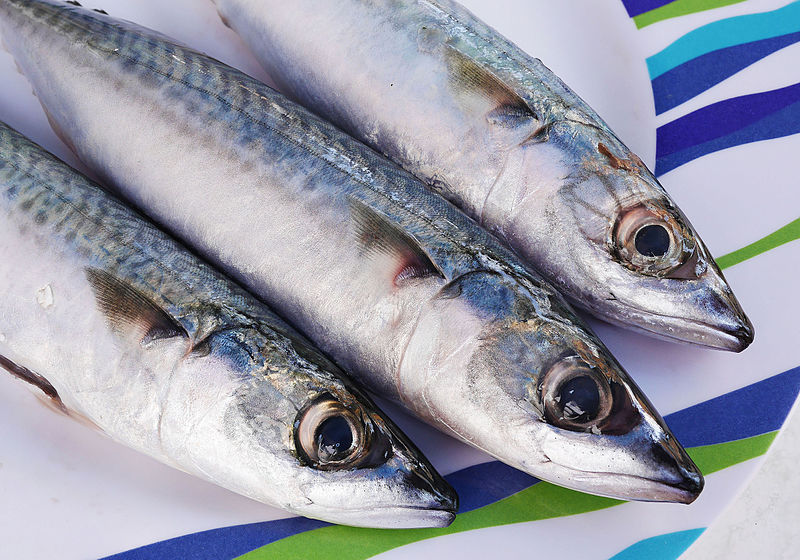 Fatty fish such as salmon, tuna, mackerel, and sardines, are rich sources of omega-3 fatty acids. These nutrients top the anti-inflammatory food list in helping reduce chronic inflammation if consumed regularly. They help lower your risk of heart disease, but if you do not fancy eating fish, you can take fish-oil supplements to increase your intake of omega-3 fatty acids.
Fatty fish such as salmon, tuna, mackerel, and sardines, are rich sources of omega-3 fatty acids. These nutrients top the anti-inflammatory food list in helping reduce chronic inflammation if consumed regularly. They help lower your risk of heart disease, but if you do not fancy eating fish, you can take fish-oil supplements to increase your intake of omega-3 fatty acids.
2. Whole Grains
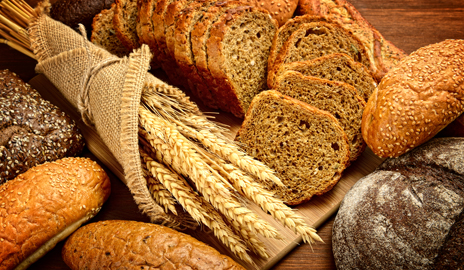 Whole grain products contain more fiber and help reduce your cholesterol levels. Studies show that they also reduce your levels of C-reactive protein, a known marker of inflammation found in the blood.
Whole grain products contain more fiber and help reduce your cholesterol levels. Studies show that they also reduce your levels of C-reactive protein, a known marker of inflammation found in the blood.
3. Dark Leafy Greens
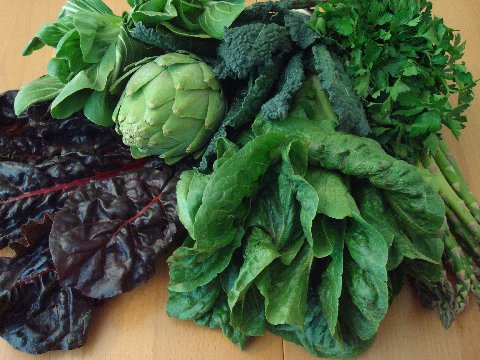 Dark leafy vegetables like kale, spinach, and collard greens are high in vitamin E which plays a key role in protecting your body from cytokines (pro-inflammatory molecules). Together with cruciferous vegetables like broccoli, these veggies also have higher concentrations of phytochemicals (antioxidants), vitamins and minerals, including iron and calcium.
Dark leafy vegetables like kale, spinach, and collard greens are high in vitamin E which plays a key role in protecting your body from cytokines (pro-inflammatory molecules). Together with cruciferous vegetables like broccoli, these veggies also have higher concentrations of phytochemicals (antioxidants), vitamins and minerals, including iron and calcium.
4. Nuts
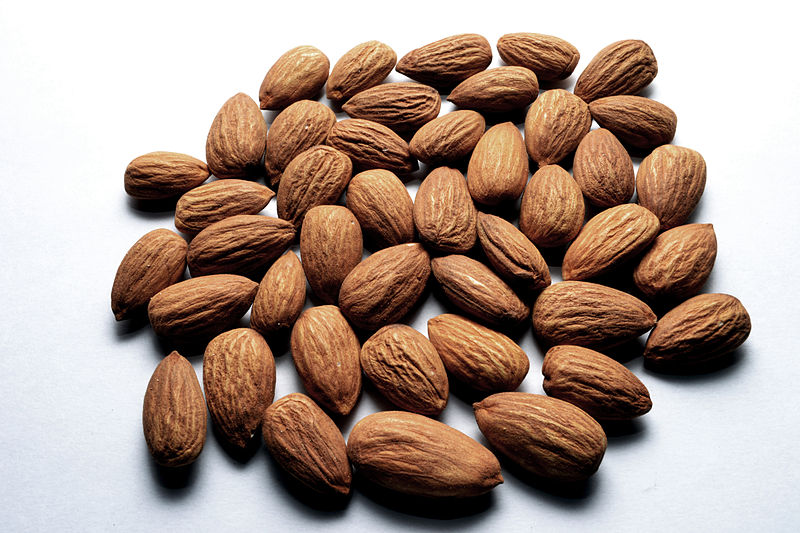 Another powerful source of healthy fats in the anti inflammatory food list are nuts, such as almonds. They are rich in calcium, vitamin E, omega-3 fats and fiber. Nuts are also packed with inflammation-fighting antioxidants which help repair damage caused by free radicals.
Another powerful source of healthy fats in the anti inflammatory food list are nuts, such as almonds. They are rich in calcium, vitamin E, omega-3 fats and fiber. Nuts are also packed with inflammation-fighting antioxidants which help repair damage caused by free radicals.
5. Soy
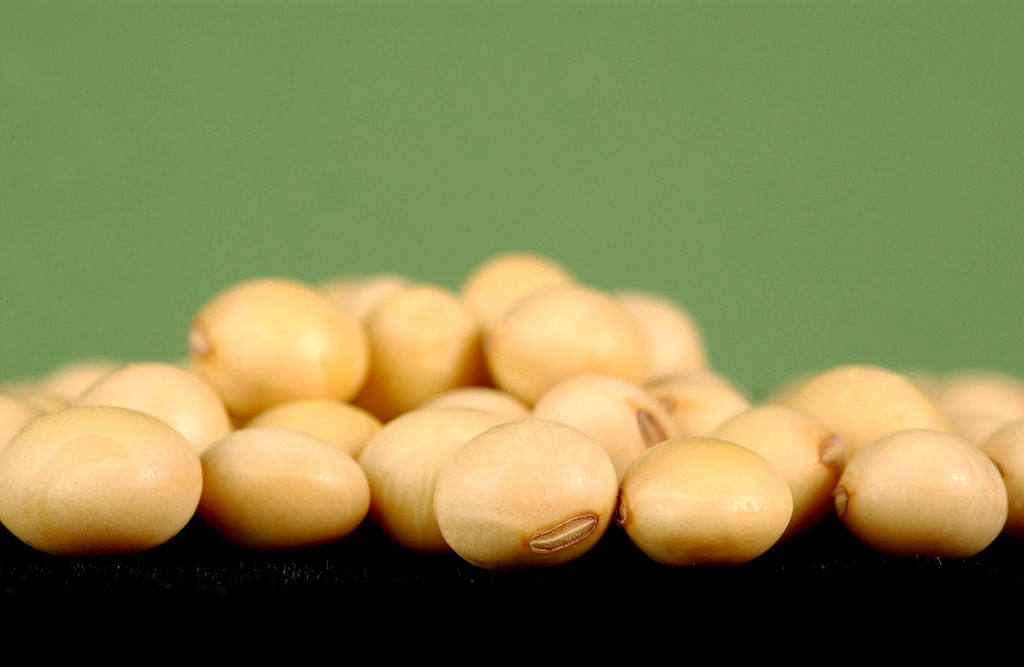 Several studies suggest that estrogen-like compounds called isoflavones, which are found in soybean products, may help reduce inflammation in women. Try to get more tofu, soy milk, and boiled soybeans (edamame) into your dietregularly but avoid processed soy products that contain lots of additives or preservatives.
Several studies suggest that estrogen-like compounds called isoflavones, which are found in soybean products, may help reduce inflammation in women. Try to get more tofu, soy milk, and boiled soybeans (edamame) into your dietregularly but avoid processed soy products that contain lots of additives or preservatives.
6. Peppers
Peppers are colorful vegetables that contain high amounts of antioxidants, vitamins and minerals, but are low in starch. Bell peppers, for example, are available in many colors, and hot chili peppers are rich in a chemical called capsaicin which reduces inflammation and pain.
7. Tomatoes
Another colorful item in the anti inflammatory food list is the tomato which is known to be rich in lycopene, an antioxidant that helps reduce inflammation. Cooking tomatoes increases the lycopene content, so consuming foods with tomato sauce is also beneficial.
8. Beets
 Beets have a brilliant red color that gives you a big hint about its antioxidant properties. Beets as well as beetroot juice reduce inflammation and protect against heart disease and cancer because they are abundant in betalains (plant pigments), vitamin C, and fiber.
Beets have a brilliant red color that gives you a big hint about its antioxidant properties. Beets as well as beetroot juice reduce inflammation and protect against heart disease and cancer because they are abundant in betalains (plant pigments), vitamin C, and fiber.
9. Ginger and Turmeric
Asian and Indian spices such as turmeric and ginger are commonly used for cooking. Studies show that these popular spicy ingredients have significant anti-inflammatory properties. Turmeric, which makes curry have a yellow color, has been shown to regulate the immune system. Ginger, on the other hand, is believed to reduce gastrointestinal inflammation.
10. Garlic and Onions
These pungent veggies boost your immune system and can shut off pathways that cause inflammation. Onions contain anti-inflammatory chemicals like quercetin and allicin which break down to form sulfonic acid, a compound that fights free radicals.
11. Olive Oil
Olive oil contains healthy plant-based fats that are good for fighting inflammation. It is believed that as an important component of the Mediterranean diet, extra-virgin olive oil may be responsible for the health benefits of the diet. A compound called oleocanthal which gives the oil its taste, has a similar effect to the body as nonsteroidal anti-inflammatory drugs (NSAIDs), which are often used as painkillers.
12. Berries
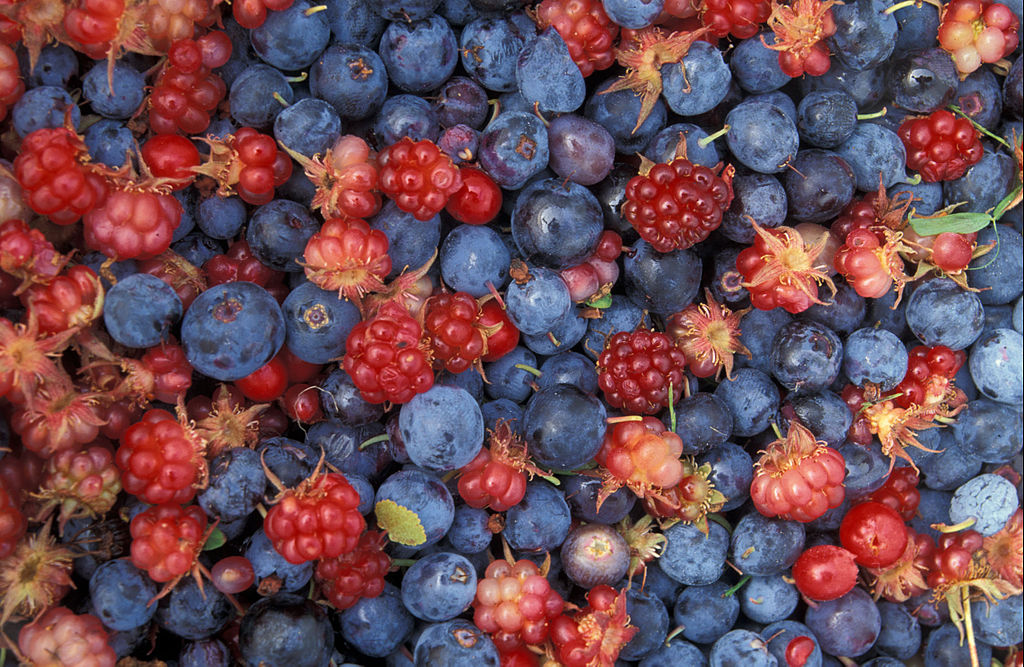 Berries are high in the anti inflammatory food list in fighting inflammation. They are abundant in anthocyanins, the chemicals that give them a deep, rich color and possess anti-inflammatory properties. Research shows that red raspberry extracts may help prevent arthritis while blueberries help control ulcerative colitis, prevent intestinal inflammation, and lower levels of C-reactive protein (inflammatory markers) in the blood.
Berries are high in the anti inflammatory food list in fighting inflammation. They are abundant in anthocyanins, the chemicals that give them a deep, rich color and possess anti-inflammatory properties. Research shows that red raspberry extracts may help prevent arthritis while blueberries help control ulcerative colitis, prevent intestinal inflammation, and lower levels of C-reactive protein (inflammatory markers) in the blood.
13. Tart Cherries
Research suggests that tart cherries beat all foods with its “highest anti-inflammatory content”. Studies found that their juice helps significantly reduce inflammation in animal blood. It was also found that they help improve athletes' performance and reduce the use of anti-inflammatory medications.
14. Tea
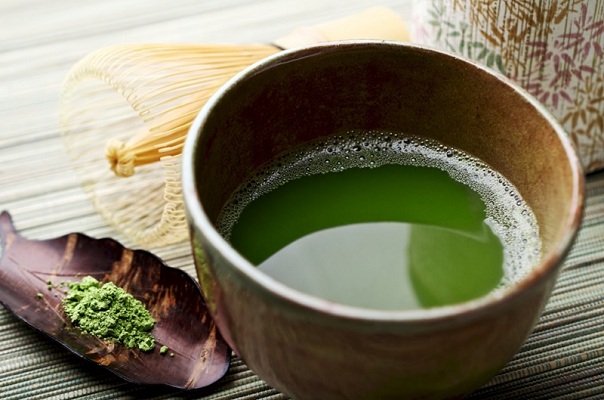 Matcha tea, which comes from Japan, is believed to be the most nutrient-rich tea that comes in the form of an unfermented stone-ground powder. This green tea has up to 17 times the antioxidant content of wild blueberries, and 7 times more antioxidants than dark chocolate. Other types of tea (white and oolong tea) also contain flavonoids and phytonutrients that help regulate inflammation.
Matcha tea, which comes from Japan, is believed to be the most nutrient-rich tea that comes in the form of an unfermented stone-ground powder. This green tea has up to 17 times the antioxidant content of wild blueberries, and 7 times more antioxidants than dark chocolate. Other types of tea (white and oolong tea) also contain flavonoids and phytonutrients that help regulate inflammation.
15. Shiitake Mushrooms
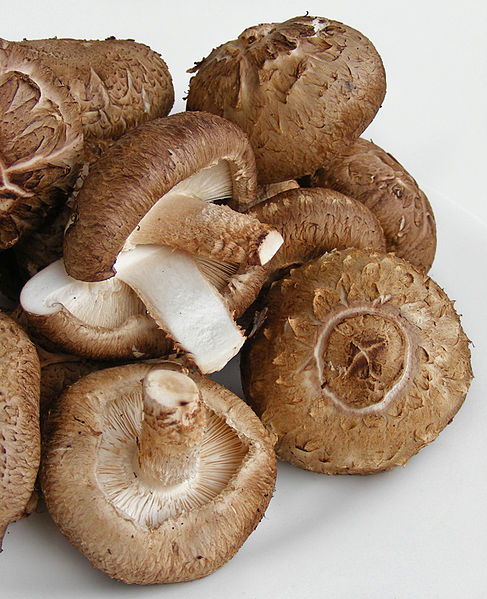 This type of mushrooms are not only delicious, but they also contain strong compounds like ergothioneine, an antioxidant that prevents oxidative stress. Many essential nutrients that are often lacking in your diet, such as copper, are also found in Shiitake mushrooms. Copper is not synthesized in the body and must be supplied in your diet regularly. Eating Shiitake mushrooms can help prevent copper deficiency which may contribute to coronary heart disease.
This type of mushrooms are not only delicious, but they also contain strong compounds like ergothioneine, an antioxidant that prevents oxidative stress. Many essential nutrients that are often lacking in your diet, such as copper, are also found in Shiitake mushrooms. Copper is not synthesized in the body and must be supplied in your diet regularly. Eating Shiitake mushrooms can help prevent copper deficiency which may contribute to coronary heart disease.
